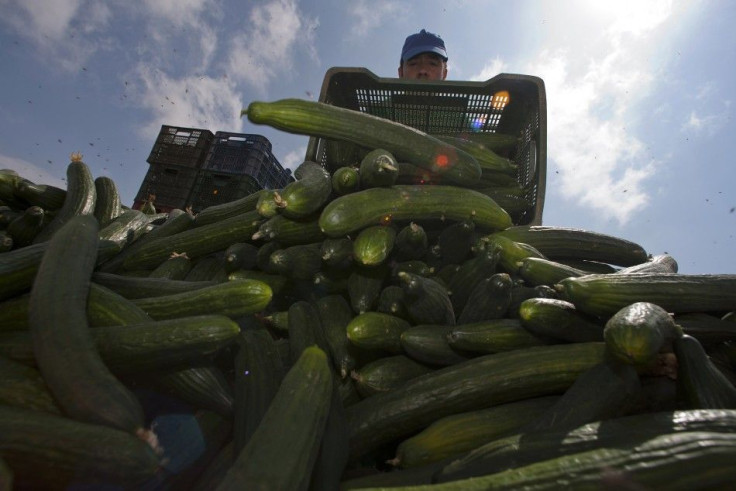E. Coli Cases Jump in Germany, Warning Remains on Raw Cucumbers, Lettuce and Tomatoes

The number of cases related to an outbreak of infections from a deadly strain of E. Coli that has killed 17 people in Germany has jumped by 199 Since May 31, the World Health Organization reported on Friday.
German health officials are still warning consumers in northern Germany that they should not eat raw cucumbers, tomatoes, and lettuce to prevent cases.
In total, there have been 1733 cases reported in Germany and 1823 overall, with 1 fatality outside of Germany.
The Robert Koch Institute, a German government's institution responsible for disease control and prevention, is breaking down the infections into two categories.
HUS, or Hemolytic-uremic syndrome, has so far been found in 520 people. It occurs when an infection causes kidney injury when an infection in the digestive system produces toxic substances.
EHEC, or enterohaemorrhagic E. coli, can cause severe foodborne disease and is transmitted through eating contaminated foods. EHEC producis toxins produces toxins known as verotoxins. Symptoms and diseases include abdominal cramps and diarrhea that can turn bloody in some cases.
In a small portion of patients, the infection can lead to the life-threatening HUS.
Meanwhile, German Chancellor Angela Merkel is considering European Union compensation to Spain after the outbreak was wrongly blamed on Spanish cucumbers.
Lost sales are costing 200 million euros ($290 million) per week and cold put 70,000 people out of work, Spain said.
© Copyright IBTimes 2025. All rights reserved.





















